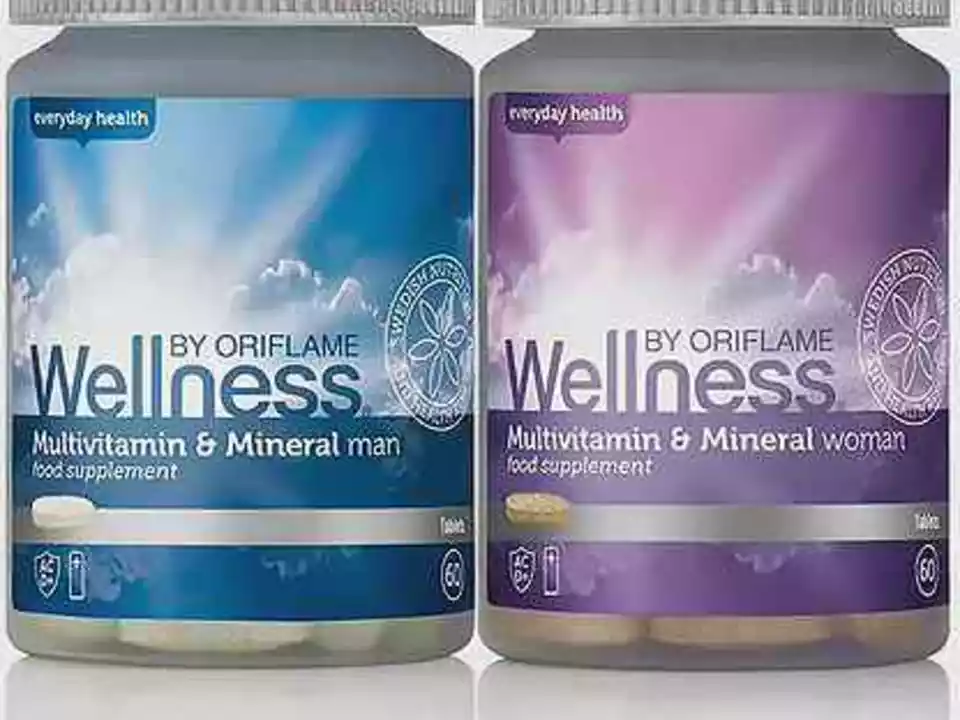Polysaccharide Supplements: What They Do and How to Choose
Polysaccharide supplements come from plants, fungi, and seaweed. They are long-chain sugars—think of them as fiber and bioactive compounds in one. People take them for immune support, gut health, and recovery after illness or stress. This page groups posts about different polysaccharide options and gives quick, useful advice you can use today.
Start by knowing the common types. Beta-glucans are found in mushrooms like reishi, shiitake, and poria cocos. Fucoidan comes from brown seaweed and is a popular marine polysaccharide. Inulin and fructans are plant fibers that feed friendly gut bacteria. Chitosan is made from shellfish shells and is often marketed for weight and cholesterol support. Each type works differently in the body.
What the research says
Not every claim is backed by strong evidence, but some uses are well-studied. Beta-glucans have multiple clinical trials showing modest immune benefits, such as improved vaccine response or fewer upper respiratory infections in certain groups. Inulin consistently shows prebiotic effects — it increases helpful bacteria and improves stool regularity. Fucoidan research is newer; early studies suggest anti-inflammatory and gut-support roles, but more human trials are needed. If you want specifics, check product labels for doses used in trials and compare that to what you buy.
Be cautious with bold promises. Supplements vary a lot in purity and potency. A study dose for beta-glucans might range from 100 mg to several grams depending on the extract. Brands that standardize to a percentage of active polysaccharide make it easier to match research-backed levels.
How to pick and use them
Choose products that list source and extract ratio. Third-party testing seals from groups like USP, NSF, or independent labs are a plus. If you have shellfish allergies, avoid chitosan. People with autoimmune conditions should check with their doctor before taking immune-active polysaccharides. Start with a low dose for a week to watch for digestive or allergic reactions.
Timing matters less than consistency. Take prebiotic polysaccharides like inulin with meals to reduce gas. Extracts for immune support can be taken daily; some people cycle them (e.g., five days on, two days off) to avoid tolerance. Store supplements in a cool, dry place and follow the expiration date.
If you’re on blood thinners, diabetes meds, or immunosuppressants, talk to a healthcare pro before adding polysaccharides. They can interact or change lab results. For most healthy adults, well-made polysaccharide supplements are safe and can add value to a balanced diet.
Want specific reads? Our posts on Poria Mushroom Benefits, beta-glucan research, and buying tips break each topic into actions you can take. Use this tag page to find those articles and pick the supplement that fits your goals.
Small tip: combine polysaccharide supplements with a whole-food diet rich in vegetables, mushrooms, and seaweed. Supplements work best when you also eat fiber, protein, and healthy fats. Track any changes — sleep, digestion, energy — for a few weeks. If you see no benefit after two months, try a different type instead.

- May 15, 2023
- SkyCaddie Fixer
- 17 Comments
Discover the Secret to Age-Defying Wellness with Genistein Combined Polysaccharide Supplements
As a wellness enthusiast, I recently stumbled upon a well-kept secret for age-defying wellness - Genistein Combined Polysaccharide (GCP) supplements. These supplements are a combination of soy-derived isoflavone genistein and polysaccharides, and they have shown promising results in promoting overall health and longevity. Not only do they support healthy hormone balance and bone health, but they also have impressive antioxidant properties. I've started incorporating GCP supplements into my daily routine, and I am already noticing a difference in my energy levels and skin health. If you're looking for a natural way to defy aging and boost your wellness, GCP supplements might be worth considering.
